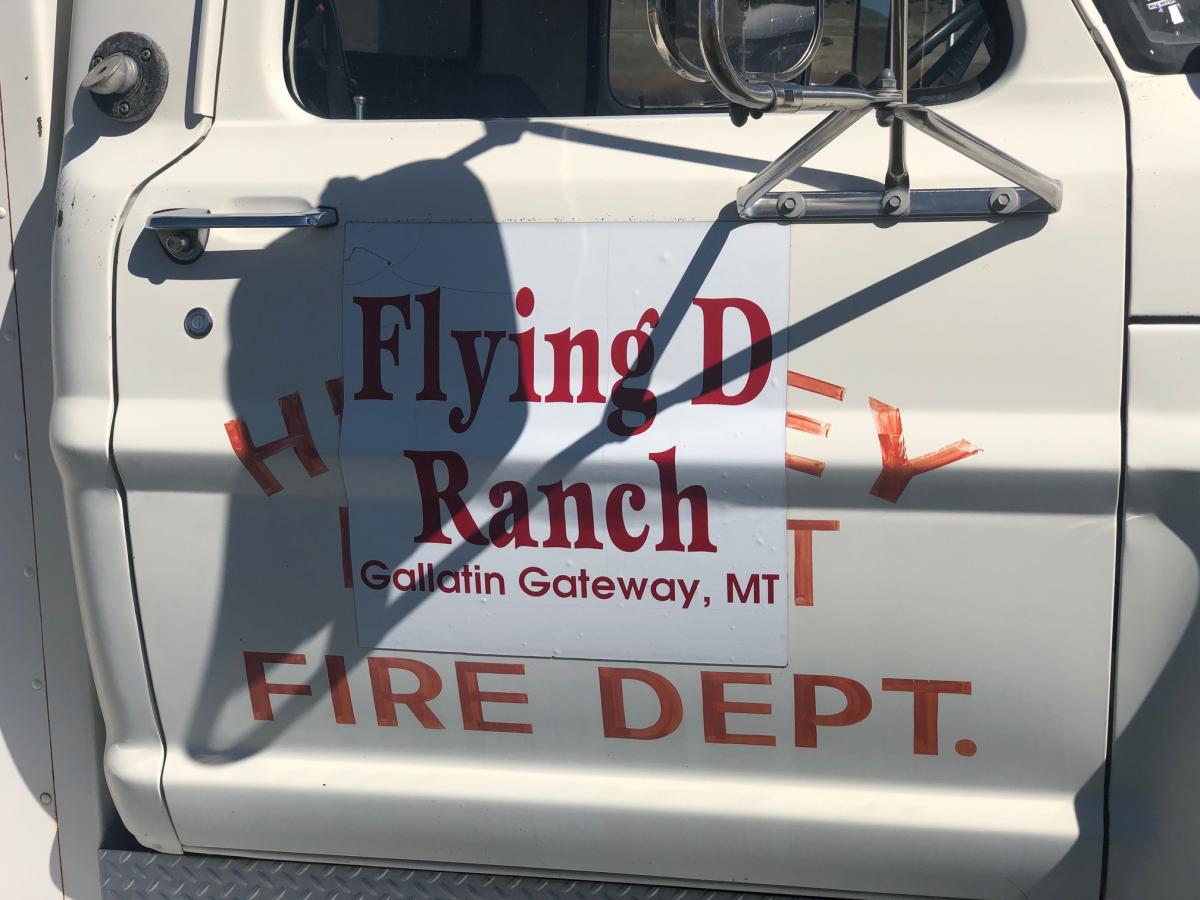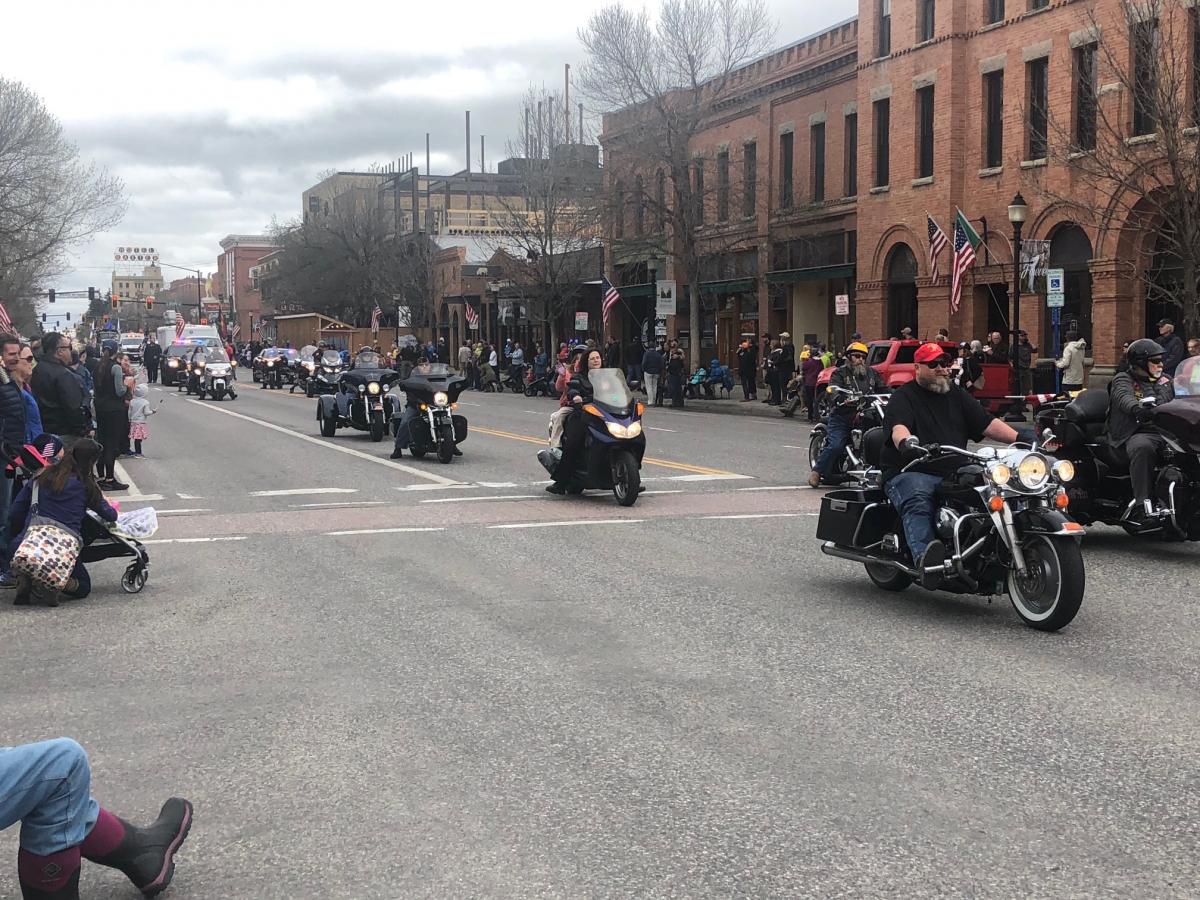Wholesome Communities and Happy Lives.
By: John A. Baden, Ph.D.Posted on May 29, 2019 FREE Insight Topics:
Wholesome Communities and Happy Lives
Three social factors help adults achieve wholesome, productive, happy lives. These are (1) living in a culturally compatible setting, (2) having meaningful employment (or earned savings) with adequate pay for modest and healthy living while (3) unthreatened by roving or stationary bandits.*
These three qualities are necessary but not sufficient conditions for individual fulfillment. Two environmental conditions are also required for mature and creative adults to thrive over the long term. These are the protection of liberty and sustainable ecosystems. Governments have major, but not sole responsibilities for these safeguards.
This Sunday Amy Shrader, a minister, reminded me that: “The thing that makes us happiest in life is other people.” And this implies participation in community, a term with two general meanings, one weak and nearly meaningless while the other is useful and significant in daily life.
The weak sense of community includes some shared and identified characteristic. Here’s one of the dozen definitions in Merriam Webster Dictionary: “a body of persons of common and especially professional interests scattered through a larger society”.
Examples might be the “gay community” or the “community” of Harley Davidson riders. Each of these two groups presumably has shared interests that define membership. In this weak sense Harley riders in Montana and Michigan are part of a community. Perhaps the weakest of all is the “community of nations”, a meaningless term at best.
In contrast, the strong sense of community implies face to face communication and cooperation. Again from Rev. Strader: Community is “ a group of people bound together by either a common interest, purpose, or geography. Persons in the community often work or together to accomplish a goal or offer support in day-to-day life.”
In a Quartz blog of March 12, 2019 Jenny Anderson observed that “…community is … a series of small choices and everyday actions: how to spend a Saturday, what to do when a neighbor falls ill, how to make time when there is none. Knowing others and being known; investing in somewhere instead of trying to be everywhere. Communities are built, like Legos, one brick at a time. **
We are blessed to live in Gallatin County, a county nearly half the area (47%) of Connecticut. With a population of 105,000 our county boasts 1,300 registered non-profit organizations. Some are small and highly specific, quilting and bee keeping as examples. Others are larger in scope and scale and devoted to social well-being.
For example, Eagle Mount has a beautiful campus and a great many off-site activities. Its main mission is making outdoor activities such as skiing and horse riding available to people with disabilities. Here are examples of Eagle Mount offerings: Providing therapeutic recreational opportunities for people with disabilities. Aquatics. Therapeutic Horsemanship. Disability Support. Mono Skiing Camp. Courses: Skiing, Therapeutic Horsemanship, Aquatics….
Eagle Mount has a serious and well-tuned training program for their 2,000 volunteers. Yes, 2,000 volunteers annually! Remarkably high community involvement.
Big Sky Kids is their national program. It’s a two-week summer camp for children with cancer. It includes their siblings and parents at no charge. Ramona and I traditionally hosted their day of fly-fishing and we are well acquainted with BSK. I find it hard to imagine a better community building organization than Eagle Mount.
Another example of community participation and excellence is the annual Environmental Youth Summit produced by the Gateway Youth Group. This one-day event is held on Ted Turner’s 105,000 acre Flying D Ranch located just north of the Spanish Peaks Wilderness and immediately south and west of the Gallatin Gateway School. 
This spring ninety-six middle schoolers from five rural schools meet at the Flying D headquarters. Lead by volunteers, students were divided into eight groups that rotated around eight stations, each focused on a topic presented by a professional biologist/ecologist. Topics included bees, bison, bears, climate, fish, predation and weeds.


Bozeman’s annual Memorial Day parade was a far larger community event. It begins with a free (donations accepted) pancake breakfast at the American Legion hall. Despite a chilly, cloudy, windy day, several thousand people of all ages gathered along Main Street to watch and applaud dozens of groups of all ages on parade.
Some marched, others rode horses or Harleys, while a dozen military trucks carried drivers with a person riding “shotgun”. All shared a purpose, showing appreciation and respect for those who died in military service to America. It clearly is a community building experience. People want to live a long and healthy time in such communities.

Here are keys to successfully doing so. First of course avoid the obvious dangers of smoking, excessive alcohol, drugs, and obesity. (I’ll omit the fun hog risks of ice climbing and bull riding.) Then commit to a regime of exercise and healthy eating. Only the rare donut, ice cream, and French fries.
Regular and physically taxing exercise is the near magic elixir of health. It does wonders for mind and body. And it’s contagious within a community. (A friend from the Mid-west had a brother-in-law visit. After five days of being here he asked my friend, “Am I the only person in Bozeman who smokes? My friend answered, “Almost!”) Good habits spread—as do their opposites.
Surprisingly, even more important to good health is having close friends. These are people who genuinely share your joys, they feel better when you do, and your pains. They are individuals in who you can confide.
Lacking good and close friends is even more detrimental to a wholesome and long life that smoking a pack a day. Amazing and true. And close community is a builder of close friendships. These good things, community and friendships, are strong complements.

* f.n. Roving bandits may be gangs or lone criminals while stationary bandits are politicians who exploit citizens via legal or non-legal means. Think Chicago.
** f.n. Quartz blog, Jenny AndersonMarch 12, 2019 “Regardless of one’s sex, country or culture of origin, or age or economic background, social connection is crucial to human development, health, and survival.” says Julianne Holt-Lunstad, professor of psychology at Brigham Young University.

